In order to generate a more inclusive dataset of Pseudomonas genes mapped to putative in-paralogs and putative orthologs in other Pseudomonas species/strains, we developed a Pseudomonas Orthologous Groups classification system.
To generate ortholog groups, pair-wise DIAMOND searches were run on all genomes in the database to find reciprocal best hits (RBHs) for each gene. These analyses often resulted in multiple candidate genes for RBH status, which were narrowed down by examining the similarity between the query's flanking genes and the hit's flanking genes. If two candidate genes were directly adjacent, they where both accepted as RBHs that involve putative in-parology.
Pairwise intra-genome DIAMOND searches were also performed to acquire in-paralog information (i.e. gene duplications occurring after species divergence). If two genes in one genome were reciprocally more similar to each other than to any gene in the other genomes, the two genes were designated putative in-paralogs. Ortholog groups are built by starting with a seed gene and then adding all genes to which there is a RBH or in-paralog relationship.
Every new gene added to an ortholog group was then treated as a seed gene and the addition process was repeated until all qualifying genes had been added. The result was the development of orthologous groups, specifically generated for Pseudomonas species genomes, which can be used to sort search results.
Pseudomonas Ortholog Group POG000074
| Strain | Locus Tag | Description | Same-Strain Members | Fragment ? | |
|---|---|---|---|---|---|
| Pseudomonas lutea DSM 17257 | LT42_RS02045 |
protein phosphatase
|
1 member |
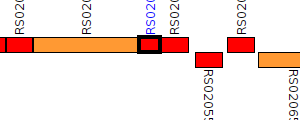
|
|
| Pseudomonas mandelii 36MFCvi1.1 | F626_RS0112365 |
PppA
|
2 same-strain members: F626_RS0112365 F626_RS0112505 |
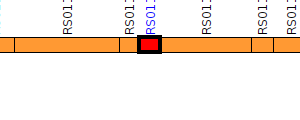
|
|
| Pseudomonas mandelii 36MFCvi1.1 | F626_RS0112505 |
protein phosphatase
|
2 same-strain members: F626_RS0112365 F626_RS0112505 |
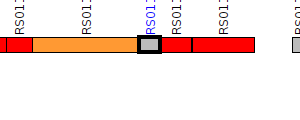
|
|
| Pseudomonas mandelii JR-1 - Assembly GCF_000257545.3 | OU5_RS17930 |
protein phosphatase
|
1 member |
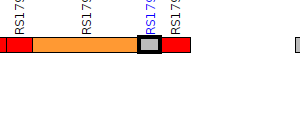
|
|
| Pseudomonas mediterranea CFBP 5447 | N005_RS00305 |
PppA
|
1 member |
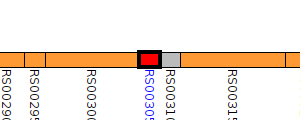
|
|
| Pseudomonas mendocina EGD-AQ5 | O203_RS26110 |
protein phosphatase
|
1 member |
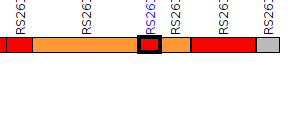
|
|
| Pseudomonas mendocina NBRC 14162 | PME1_RS00980 |
serine/threonine phosphatase
|
1 member |
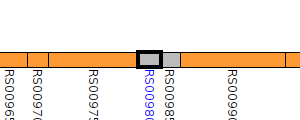
|
|
| Pseudomonas mendocina NK-01 | MDS_0012 |
Ser/Thr protein phosphatase
|
1 member |
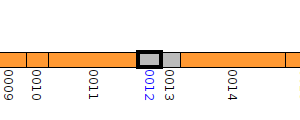
|
|
| Pseudomonas moraviensis R28-S | PMO01_26935 |
protein phosphatase
|
1 member |
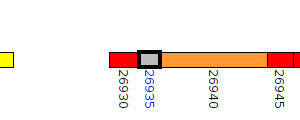
|
|
| Pseudomonas mosselii DSM 17497 - Assembly GCF_000621225.1 | Q380_RS0105395 |
PppA
|
1 member |
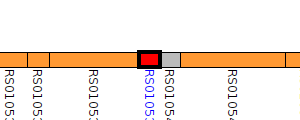
|
|
| Pseudomonas mosselii SJ10 - Assembly GCF_000498975.2 | O165_RS24850 |
serine/threonine phosphatase
|
1 member |
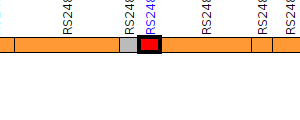
|
|
| Pseudomonas oleovorans MOIL14HWK12 | PSOK12_RS0117170 |
protein phosphatase
|
1 member |
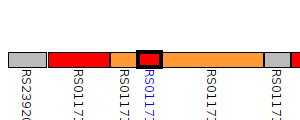
|
|
| Pseudomonas oryzihabitans RIT370 | UM91_RS05515 |
protein phosphatase
|
1 member |

|
|
| Pseudomonas otitidis LNU-E-001 | CR65_RS0101665 |
PppA
|
2 same-strain members: CR65_RS0101665 CR65_RS0128690 |
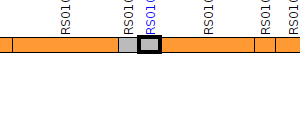
|
|
| Pseudomonas otitidis LNU-E-001 | CR65_RS0128690 |
protein phosphatase
|
2 same-strain members: CR65_RS0101665 CR65_RS0128690 |
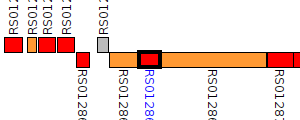
|
|
| Pseudomonas parafulva CRS01-1 | NJ69_RS20430 |
serine/threonine phosphatase
|
1 member |
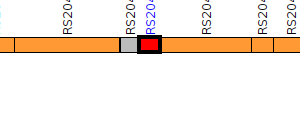
|
|
| Pseudomonas pelagia CL-AP6 | K787_RS0112020 |
protein phosphatase
|
1 member |
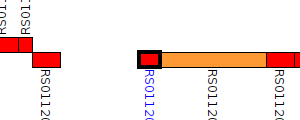
|
|
| Pseudomonas poae RE*1-1-14 | H045_06845 |
serine/threonine phosphoprotein phosphatase Stp1
|
2 same-strain members: H045_06845 H045_20360 |
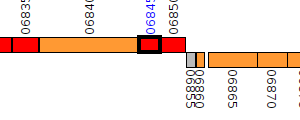
|
|
| Pseudomonas poae RE*1-1-14 | H045_20360 |
putative phosphatase
|
2 same-strain members: H045_06845 H045_20360 |
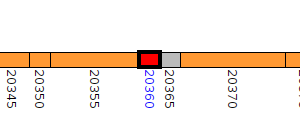
|
|
| Pseudomonas protegens CHA0 - Assembly GCF_000397205.1 | PFLCHA0_c60380 |
protein phosphatase PrpC
prpC2 |
1 member |
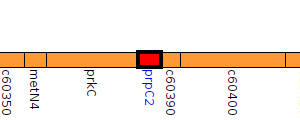
|